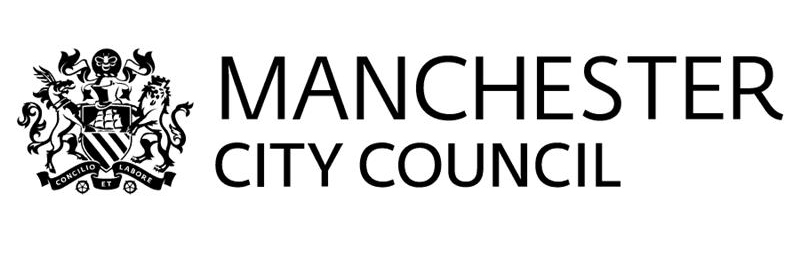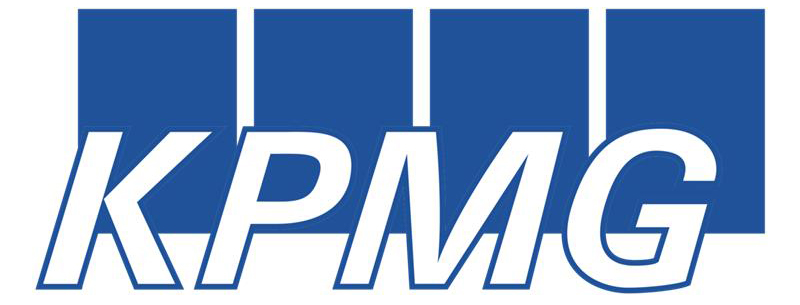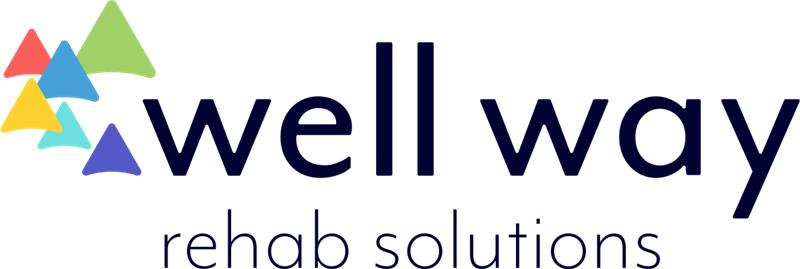University of Wolverhampton is ranked 6th in the UK for Business and Management, The Guardian University Guide rankings, 2025
In collaboration with University of Wolverhampton, UK Management College is thrilled to offer the BA (Hons) Business Management with Foundation Year.
The foundation year included in this program provides a gateway for individuals who may not possess the standard qualifications or traditional entry routes to higher education, ensuring learning is accessible. Learners with experience or traditional academic qualifications can both embark on a BA (Hons) business management course with foundation Year journey.
This exciting and innovative general business programme is designed for students who want to embark on an in-depth study of business and management to develop analysis and evaluation skills that can be applied to real-world situations.
Innovation and enterprise; sustainability; responsibility and professionalism; and digitalisation underpin this programme: You will explore the functional areas of business, such as management, marketing, human resources, finance and operations, through the lens of these four main themes which run throughout the programme.
During the foundation year, you'll study four core modules:
- 21st Century Management (Credits: 20)
- Preparing for success at University (Credits: 40)
- Principles of Business (Credits: 20)
- Project based learning (Credits: 40)
Year 2 (Level 4) modules
- The Responsible Business (Credits: 30)
- The Innovative Business (Credits: 30)
- The Sustainable Business (Credits: 30)
- The Digital Business (Credits: 30)
Year 3 (Level 5) modules
- Customer Acquisition and Retention (Credits: 30)
- The Professional Manager and Leadership (Credits: 30)
- Operations and Project Planning (Credits: 30)
- Managing Finance and Accounts (Credits: 30)
Year 4 (Level 6) modules
- The Strategic Business (Credits: 30)
- Organisational Behaviour (Credits: 30)
- The Professional Project (Credits: 30)
- The Business Communicator (Credits: 30)
Entry requirements are subject to regular review. The entry requirements applicable to a particular academic year will be published on the University website (and externally as appropriate e.g. UCAS)
Entry onto Foundation (Level 3):
Academic Route
Applicants are expected to have achieved either a minimum two ‘A’ Levels at grade DD/Equivalent;
or any Ofqual regulated level 3 Diploma (minimum 58 credits);
or A combination of qualifications totalling 32 UCAS points minimum.
Non Academic Route
You will be required to attend and pass a compulsory Prepare For Foundation assessment day where you will take part in a variety of activities which will assess your suitability for the course.
Applicants must be able to demonstrate, through activities, and written description of their previous experience and study/career goals, or other admissions processes such as interview for the course. The applicant should demonstrate a genuine commitment and motivation for higher education study in this subject.
For Students applying without academic qualifications, applicants must have studied or demonstrate appropriate experiences a minimum of two years post GCSE level.
Mature Students
It is expected that some applicants will be mature students with work experience, who wish to further their career development. These applicants will be processed through the Awarding University’s standard admission procedures, which may involve an interview as part of the process, or request of other documents such as detailed above.
UK Management College will conduct any necessary initial interviews and the initial admissions processes to evaluate eligibility.
Please see http://wlv.ac.uk/mature for further information.
The teaching is carried out by qualified lecturers at UK Management College. The UK Management College lecturers are supported by the Awarding University faculty module leaders who will provide academic support.
This is a blended learning course with supportive and structured learning activities on Canvas (Virtual Learning Environment, VLE).The online materials and face-to-face components of the module are integrated into a complimentary learning experience, which is both engaging and relevant, and resources are up to date and tailored with knowledge relevant to the industry and employability skilss needed for gainful employment following studies.
Resouces are accessible online and each Virtual Learning Environment (VLE) Homepage sets expectations and includes an orientation to help you understand how to successfully navigate the different online components of the module and prepare for the face-to-face meetings.
The structure of each VLE topic follows a standard Business School layout to ensure consistency and familiarity for students and to help you navigate the different modules you will be studying.
The VLE Pages are used to present learning inputs and related activities with a narrative flow; content is structured into bite sized inputs and activities, inclusive of any Panopto recorded slides.
The learning material will be contextualised by the UK Management College lecturers to reflect the local and regional context. Students also have formative opportunities for feedback as part of their teaching and learning.
The workshop and activity-based approach to learning enables multiple opportunities for formative feedback and Regular opportunities are built in for formative feedback in class and online. For summative assessments on modules with more than one tutor a marking rubric is used to ensure consistency and you will receive summative feedback via Canvas within four working weeks of submission. Your feedback may be written, oral or audio-visual in nature.
Blended learning lends itself to enquiry-based learning - this puts less emphasis on the lecture method of teaching and more on empowering you to solve problems, evaluate situations, research topics or apply principles, which is more appropriate to business education. Face-to-face sessions are delivered in workshop mode with a set of task-based activities, which draw on the online content, and enable you to practically and critically explore the topic individually and in small groups.
Opportunities are built in for you to collaborate in peer-to-peer learning activities. This could include things such as small groups using a flipped learning approach, small group case study analysis, student-led assessment unpacking, group discussions, student-led seminars and problem-based learning.
The modules are developed with Universal Design in mind, and to meet accessibility standards. At UKMC our Student Success Tutors are also qualified to a level of degree level support. SST's are able to support understanding and learning outside of classes, such as academic skills and engagement activities.
For summative assessments on modules with more than one tutor a marking rubric is used to ensure consistency and you will receive summative feedback via Canvas in line with University of Wolverhampton's feedback policy. Your feedback may be written, oral or audio-visual in nature. Blended learning lends itself to enquiry-based learning - this puts less emphasis on the lecture method of teaching and more on empowering you to solve problems, evaluate situations, research topics or apply principles, which is more appropriate to business education. Face-to-face sessions are delivered in workshop mode with a set of task-based activities, which draw on the online content, and enable you to practically and critically explore the topic individually and in small groups. Opportunities are built in for you to collaborate in peer-to-peer learning activities
Wellbeing support and resonable adjustments can also be discussed with the Wellbeing or SST teams to understand learning needs during your studies.
Lecturers will also ensure that there are adequate descriptions provided in PowerPoint slides or transcripts where available.
Case studies, examples and resources are drawn from a wide range of business cultures and contexts representing our diverse and international community.
At UK Management College, in partnership with the University of Wolverhampton a variety of modes of assessment will be used to support and test your learning and progress and to help you develop capabilities that are valued beyond your university studies and into your working life.
Your course may include a variety of assessment activities which includes written examinations (including online examinations, open and closed book examinations, and quizzes) Coursework (for example, essays, reports, portfolios, project proposals and briefs, CVs, poster presentation) Practical (for example, oral and video presentations, laboratory work, performances, practical skills assessment).
The type of assessment you receive is determined by the modules you take. This combination is designed to increase individual knowledge and skills in applying theory and best practices to real – world situations.
In the final year of your undergraduate degree, you are likely to be expected to write an extended piece of work or research, such as a dissertation or a practice-based piece of research or project.
Date and method of feedback is provided in the assessment brief for each module. All feedback on a student's work will be returned electronically. All feedback will be available in one location (i.e., Canvas).













